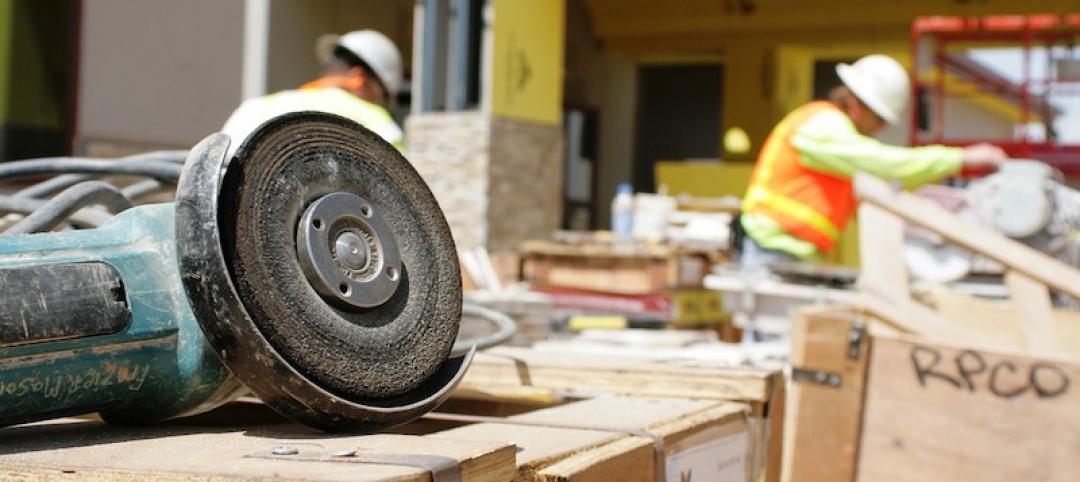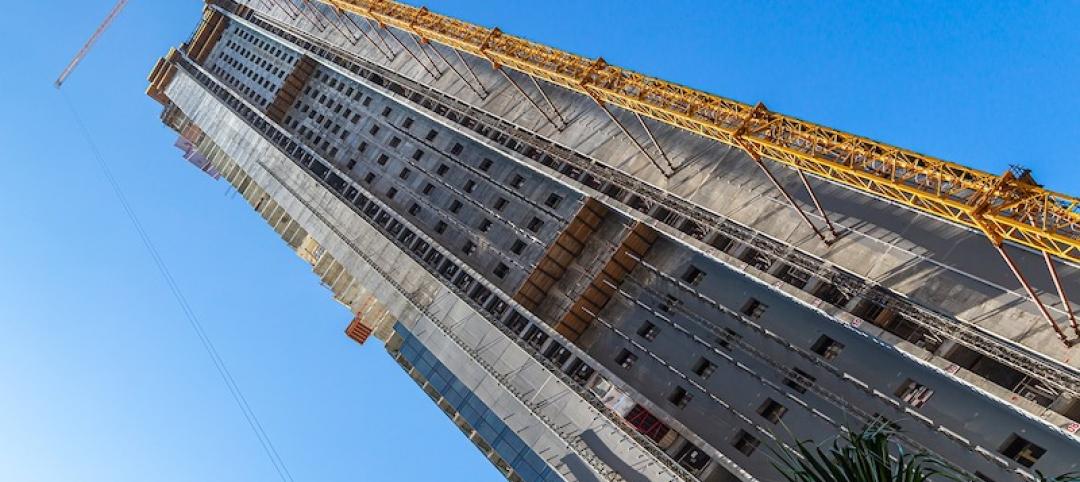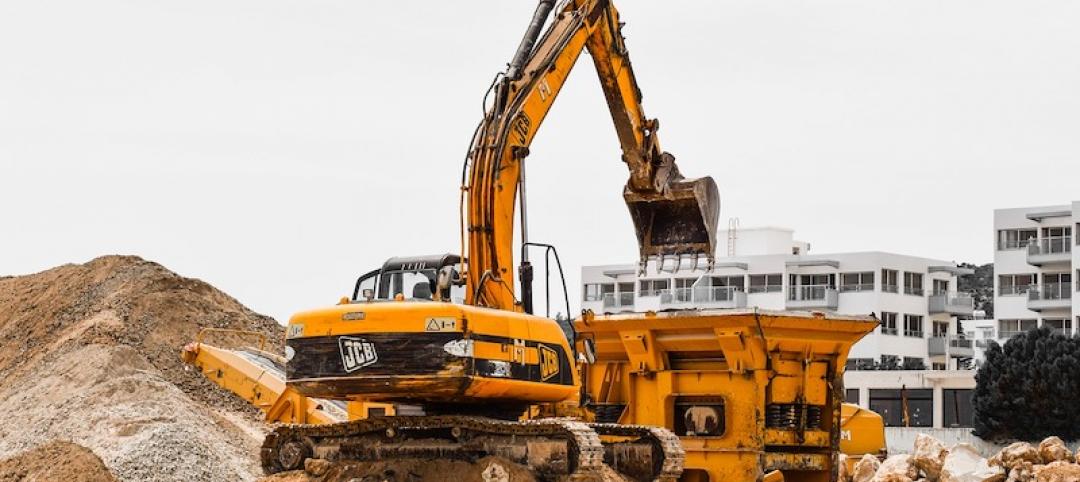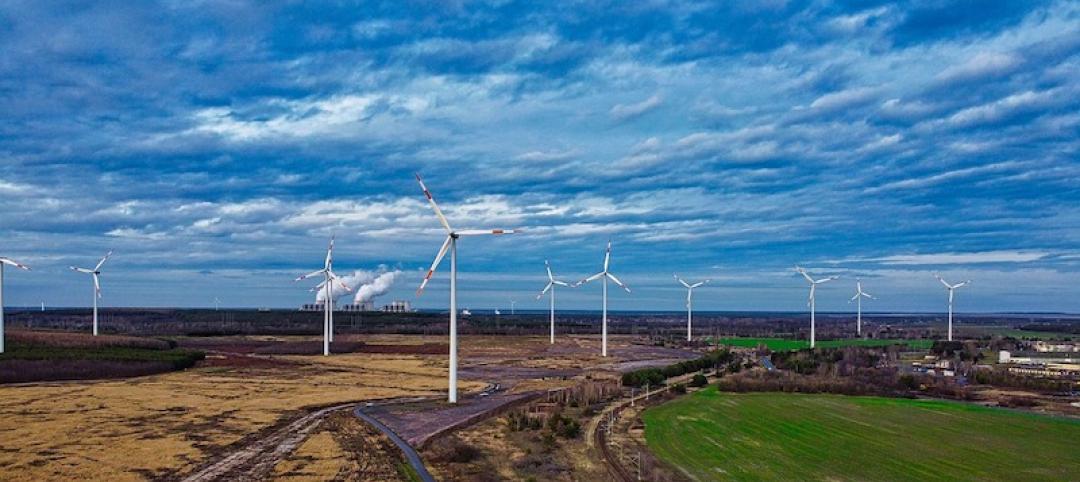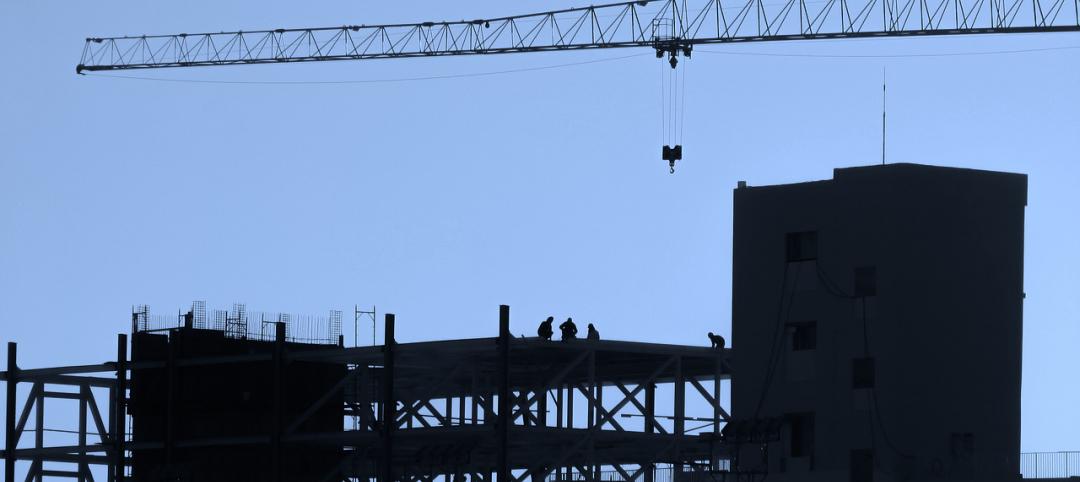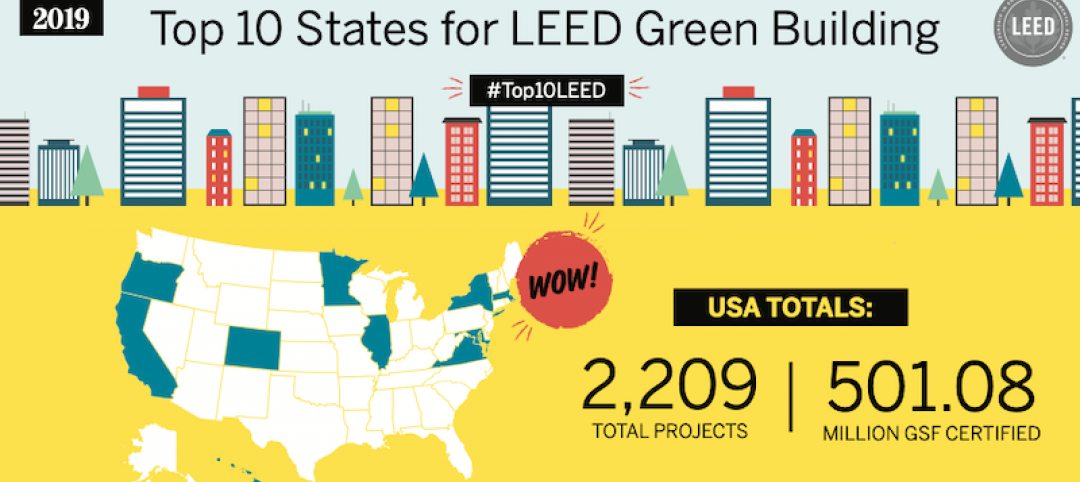Only 34% of the nation’s metro areas—just over one-third—added construction jobs from November 2019 to November 2020, according to an analysis of new government data that the Associated General Contractors of America released today. Association officials said large numbers of contractors are having to lay off workers once they complete projects begun before the pandemic because private owners and public agencies are hesitant to commit to new construction.
“Canceled and postponed projects appear to be more common than new starts for far too many contractors,” said Ken Simonson, the association’s chief economist. “Our association’s 2021 Construction Hiring and Business Outlook Survey found three times more contractors have experienced postponements and cancellations than new or expanded projects.”
Construction employment fell in 203, or 57%, of 358 metro areas between November 2019 and November 2020. Construction employment was stagnant in 33 additional metro areas, while only 122 metro areas—34%—added construction jobs during the past year.
Houston-The Woodlands-Sugar Land, Texas lost the most construction jobs over that span (-22,500 jobs, -9%), followed by New York City (-16,700 jobs, -11%); Midland, Texas (-9,800 jobs, -25%); Montgomery-Bucks-Chester counties, Pa. (-8,800 jobs, -16%); and Oakland-Hayward-Berkeley, Calif. (-8,400 jobs, -11%). Brockton-Bridgewater-Easton, Mass. had the largest percentage decline (-40%, -2,200 jobs), followed by Altoona, Pa. (-35%, -1,100 jobs); Bloomsburg-Berwick, Pa. (-31%, -400 jobs); Johnstown, Pa. (-31%, -800 jobs); and East Stroudsburg, Pa. (-30%, -600 jobs).
Phoenix-Mesa-Scottsdale, Ariz. added the most construction jobs over the year (4,700 jobs, 3%), followed by Baltimore-Columbia-Towson, Md. (4,500 jobs, 5%); Boise, Idaho (4,300 jobs, 16%); Dallas-Plano-Irving, Texas (3,700 jobs, 2%); and Seattle-Bellevue-Everett, Wash. (3,600 jobs, 3%). Walla Walla, Wash. had the highest percentage increase (17%, 200 jobs), followed by Boise; Oshkosh-Neenah, Wisc. (16%, 900 jobs); and Springfield, Mo. (16%, 1,500 jobs).
Association officials said many metro areas were likely to lose more construction jobs amid declining demand and continued project cancellations and delays. They added that a clearer picture of what is in store for the industry will emerge on Thursday, January 7, when the association releases the 2021 Construction Hiring and Business Outlook it prepared with Sage.
“Construction employment is likely to fall further in many parts of the country as the coronavirus continues to weigh on demand for nonresidential projects,” said Stephen E. Sandherr, the association’s chief executive officer. “Unless market conditions change rapidly, this year is likely to prove very challenging for many construction employers.”
View the metro employment 12-month data, rankings, top 10, new highs and lows, map.
Related Stories
Market Data | Feb 5, 2020
Construction employment increases in 211 out of 358 metro areas from December 2018 to 2019
Dallas-Plano-Irving, Texas and Kansas City have largest gains; New York City and Fairbanks, Alaska lag the most as labor shortages likely kept firms in many areas from adding even more workers.
Market Data | Feb 4, 2020
Construction spending dips in December as nonresidential losses offset housing pickup
Homebuilding strengthens but infrastructure and other nonresidential spending fades in recent months, reversing pattern in early 2019.
Market Data | Feb 4, 2020
IMEG Corp. acquires Clark Engineering
Founded in 1938 in Minneapolis, Clark Engineering has an extensive history of public and private project experience.
Market Data | Jan 30, 2020
U.S. economy expands 2.1% in 4th quarter
Investment in structures contracts.
Market Data | Jan 30, 2020
US construction & real estate industry sees a drop of 30.4% in deal activity in December 2019
A total of 48 deals worth $505.11m were announced in December 2019.
Market Data | Jan 29, 2020
Navigant research report finds global wind capacity value is expected to increase tenfold over the next decade
Wind power is being developed in more countries as well as offshore and onshore.
Market Data | Jan 28, 2020
What eight leading economists predict for nonresidential construction in 2020 and 2021
Public safety, education, and healthcare highlight a market that is entering growth-slowdown mode, but no downturn is projected, according to AIA's latest Consensus Construction Forecast panel.
Market Data | Jan 28, 2020
Los Angeles has the largest hotel construction pipeline in the United States
Los Angeles will have a growth rate of 2.5% with 19 new hotels/2,589 rooms opening.
Market Data | Jan 27, 2020
U.S. hotel construction pipeline finishes 2019 trending upward
Projects under construction continue to rise reaching an all-time high of 1,768 projects.
Market Data | Jan 24, 2020
U.S. Green Building Council releases the top 10 states for LEED
Colorado leads the nation, showing how LEED green buildings support climate action and a better quality of life.



